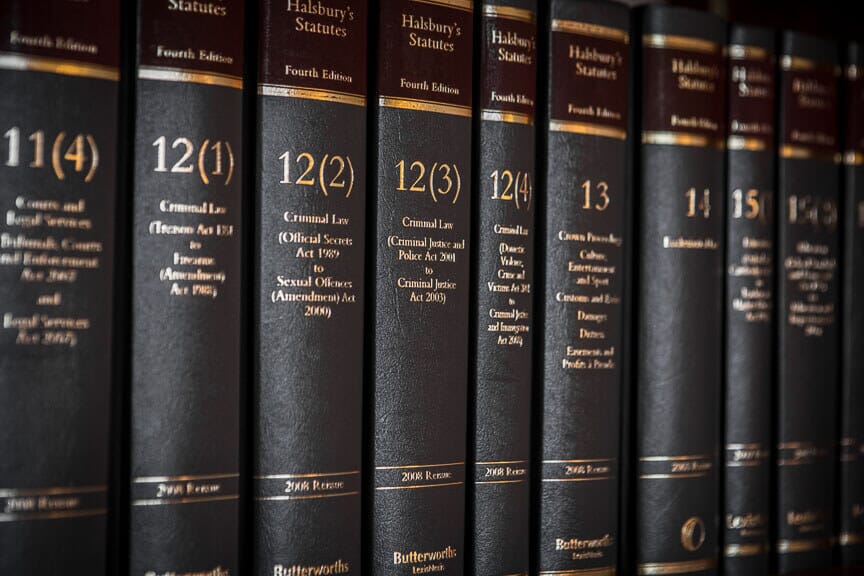
Chancel repair liability is the liability of an owner of land to pay for repairs to the chancel of a parish church. Owners affected include individual homeowners as well as ecclesiastical organisations, universities, colleges and others. Land does not have to be near a church building in order to be liable.
This law dates back to pre-Reformation times. Rectors of churches would receive their income from the parish, out of which they were expected to be responsible for repairs to the church’s chancel. During Medieval times, monasteries could buy or receive these rectorships, in the process becoming responsible for chancel repairs. When Henry VIII dissolved the monasteries and sold the land, the responsibility for the upkeep of the chancel fell on the new owners of this land.
For hundreds of years, the responsibility of enforcing this law fell on the Church Courts, until Parliament passed the Chancel Repair Act (1932, assigning the duty of enforcing chancel repair liability to Parochial Church Councils (PCCs) with the means to pursue this through the county courts.
What it means to us…
Chancel repair liability is protected by entering a notice on the register (in the case of registered land), or by a registering a caution against first registration (in the case of unregistered land).
At midnight on 13 October 2013 chancel repair liability ceased to be overriding interest. However, even if a liability was not protected by notice or caution at 13 October 2013, this does not mean it ceases to exist.
For registered land, where a notice has not been entered, liability for chancel repair will continue and PCCs may still apply for a notice to register chancel repair liability until the first transaction for value after 13 October 2013. In the case of unregistered land, chancel repair liability will continue to exist in the same way; as a legal interest. If any chancel repair liability is not protected by a notice or caution at the time of first registration, the new owner will take the estate free from this liability.
Post 13 October 2013
An application to lodge a unilateral notice against a property title for chancel repair liability could be made during the priority period following exchange of contracts.
There are conflicting views on how a court would decide whether or not a property takes free of the chancel repair liability in this situation. However, the Land Registry has recently published further information about what they will do when a unilateral notice is lodged to protect chancel repair liability.
If you have lodged an OS1 to protect your client’s priority after 13 October 2013 for a transfer that will take place after that date, and a unilateral notice is lodged after your OS1, Land Registry say that in this situation, they will register the disposition and enter the notice at the same date.
In these circumstances, the proprietor can apply to cancel the notice. If the proprietor makes such an application, the Land Registry will notify the notice holder, who may object. If the notice-holder lodges a valid objection and the parties can’t agree on whether the notice should be cancelled, this will be treated as a dispute under section 73 of the Land Registration Act 2002. If the parties can’t reach agreement to dispose of the objection, the dispute will be referred to the Property Chamber of the First Tier Tribunal. The Land Registry say they will not be able to register the applications until the objection has been removed.
It is therefore important to ensure, when purchasing a property where there has been no transaction for value since 13 October 2013, that chancel repair liability is still fully investigated.
Content kindly provided by The Law Society and Severn Trent Searches.
For more information, please contact Ben Slade at Maitland Walker.
